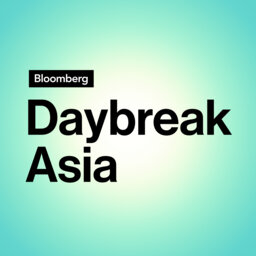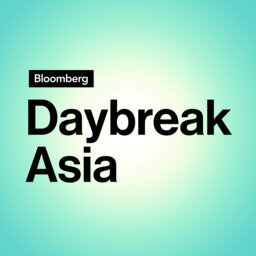Trump Taps Ohio's JD Vance as Running Mate
Featuring:
Andrew Giuliani, former Special Assistant to former President Donald Trump and former Republican candidate for Governor of New York
Fred Neumann, Chief Asia Economist at HSBC
Yung-Yu Ma, Chief Investment Officer at BMO Wealth Management
Apple: https://podcasts.apple.com/us/podcast/bloomberg-daybreak-asia/id1663863437
Spotify: https://open.spotify.com/show/0Ccfge70zthAgVfm0NVw1b
TuneIn: https://tunein.com/podcasts/Asian-Talk/Bloomberg-Daybreak-Asia-Edition-p247557/?lang=es-es
In 1 playlist(s)
Bloomberg Daybreak: Asia Edition
Listen for business and finance news centered in the Asia-Pacific region. Host Doug Krizner brings…Social links
Follow podcast
Recent clips

Trump Tariff Uncertainty, US Selloff on AI Angst
17:45

Supreme Court Tariffs Decision, Fresh Trade Turmoil for Markets
21:50

US-Iran Risks Hit Markets, Trump: Iran Has Just Days to Deal
20:58
 Bloomberg Daybreak: Asia Edition
Bloomberg Daybreak: Asia Edition